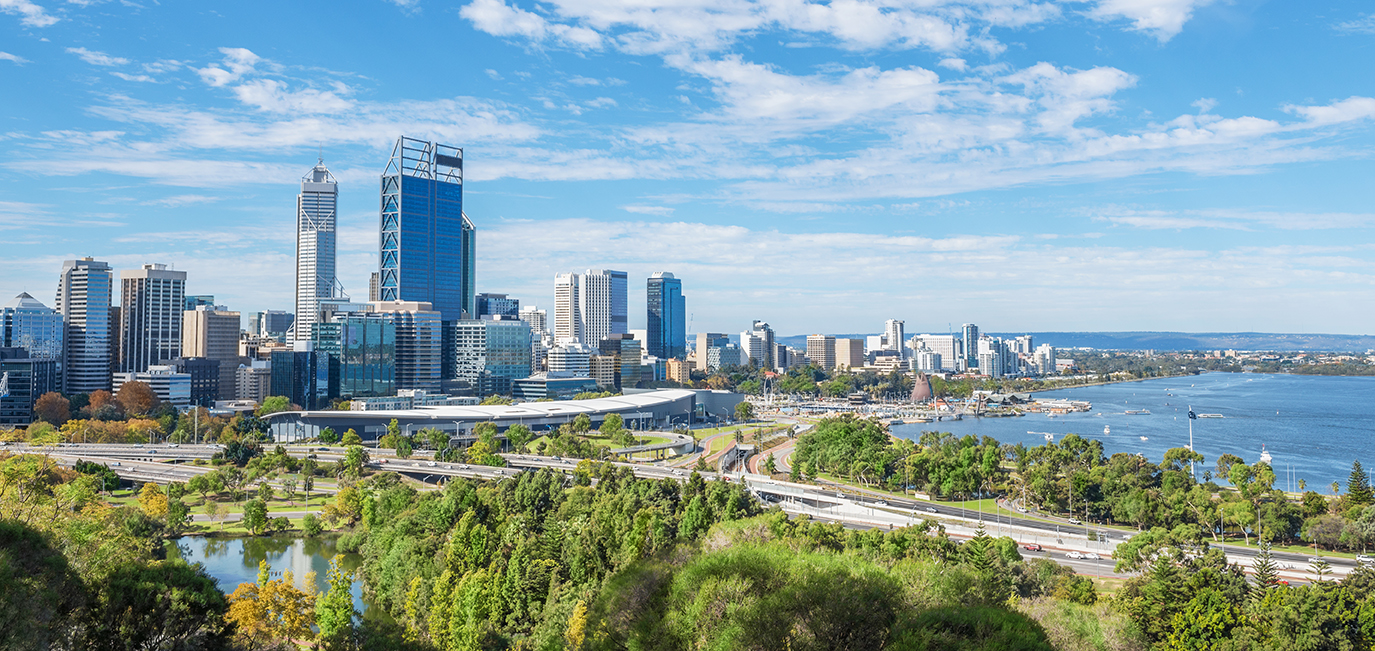Guiding urban water management in areas with high groundwater
Our IRP5 project (Guiding urban water management in areas that experience high seasonal groundwater) aims to improve how we manage water in urban developments impacted by high groundwater.
CRCWSC research from Tranche 1 and IRP5 Stage 1 highlighted that there is debate among water management practitioners about whether some of the current approaches and assumptions being used to model and manage high groundwater environments are justifiable. These assumptions also impact design of on-ground and implementation of water sensitive urban design (WSUD) elements.
The research found that fundamental science is needed to test and validate the range of approaches and assumptions commonly used to predict urban water balances in these challenging development environments. The identified fundamental science gap constrains our capability to achieve best practice urban development in such environments, now and in the future. So, we need a consistent approach to determining appropriate water management strategies for urban development in such environments.
Bridging this gap will take time. So the proposed approach will help use the information we have to support better decision making in the short term, while ensuring that assumptions are tested and refined as we better understand the issues.

IRP5 aims to:
- convene an Expert Panel to lead industry engagement, to develop guidance for consistent processes, methodology and guidelines, to aid development in high groundwater areas. The guidance will be based on diagnostics of existing case studies from WA’s Swan Coastal Plain, drawing on the expertise and tacit knowledge of the Expert Panel and other stakeholders.
- develop a field validation dataset from the Swan Coastal Plain (at multiple scales) to test the inherent assumptions of the guidance, and thus refine it.
IRP5 is the last of our integrated research projects to kick off. It starts in September, and will be led by Professor Carolyn Oldham, from The University of Western Australia. The project will comprise three work packages:
Work package 1: Expert Panel review
The Expert Panel will:
- formulate guidance for a process and methodology for urban water management in developments impacted by high groundwater, drawing on the experience and knowledge of practitioners and researchers working in the region
- review several case studies to identify the technical and/or process barriers that must be overcome and the level of certainty behind the selection of modelling assumptions that needed to be made to support modelling and design parameters today. Key assumptions to be considered include annual and event-based runoff rates and recharge rates at different scales, evapotranspiration rates and their application in water balance modelling, and stormwater management system (including groundwater impacts) modelling.
- recommend a way forward in research, particularly field-based monitoring, to validate assumptions made to reduce uncertainty in our urban water balance predictions.
The Expert Panel will be chaired by Greg Claydon, a member of the CRCWSC Board with vast experience in water resource management and science-policy translation. We are very pleased Greg agreed to take on this important role. He brings his extensive water industry knowledge, experience and achievements, built through his senior executive roles with Queensland’s and Western Australia’s state government water, environment and natural resources agencies.
Greg will be joined by Associate Professor Sally Thompson (The University of Western Australia) and Dr Margaret Shanafield (Flinders University).
Work packages 2 and 3: Establishment of field validation catchment and development of validation datasets
In this phase, the Project Team will work to fill the existing fundamental science gap. They will work directly with the Expert Panel and Project Steering Committee, to design a field program to test the assumptions highlighted in the panel’s Guidance Note. This work will establish at least one field validation catchment, to determine how unsaturated zone dynamics control recharge, in urban areas impacted by high groundwater. In particular, the team will monitor key groundwater characteristics, to determine how urban development changes soil water storage and interflow dynamics, and thus recharge to, and discharge from, groundwater.
The expected outcomes of IRP5 include:
- a consistent interim approach to developing and implementing groundwater/surface water management plans associated with urban developments in the Swan Coastal Plans, which is supported by governments, industry and academia
- reduced uncertainty in parameters used for pre- and post-development water balance, surface water and groundwater modelling in areas of high groundwater
- validated parameters that are incorporated into policy and/or guidelines
- industry support and use of the validated parameters
- reduced long term risk to the environment and development from using unvalidated assumptions.
The project deliverables and milestones are set out below:
| Milestone | Due Date |
| Draft Guidance Note from the Expert Panel (Work package 1) | 31 March 2020 |
| Field validation site selection and establishment report (Work package 2) | 30 April 2020 |
| Field validation sampling and analysis plans (Work package 2) | 31 May 2020 |
| Field validation findings report (Work package 3) | 30 September 2021 |
| Updated Guidance Note that includes parameter validation (Work package 3) | 31 December 2021 |
If you have any questions about IRP5, you can contact Ms Samantha Lemons (s.lemons@uq.edu.au).